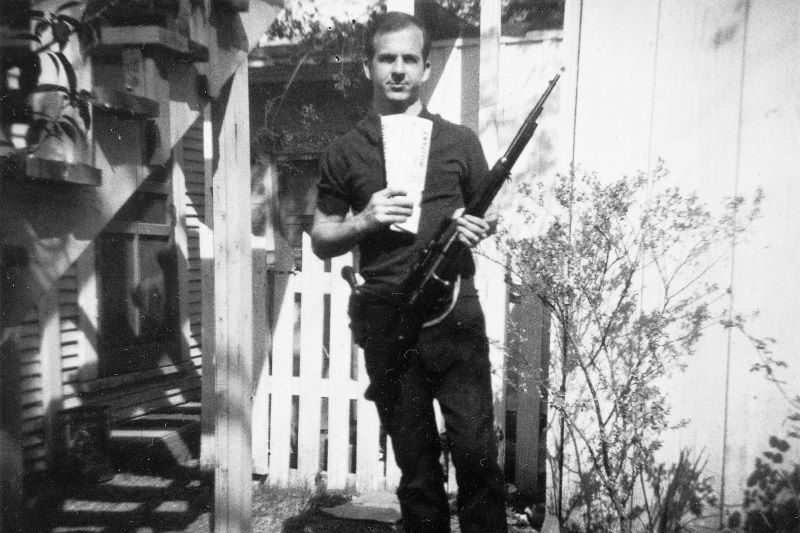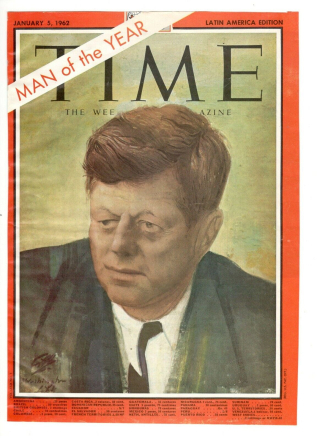This is your host, historian Rick Reiman. Go to my YouTube Channel, “JFK Demystified,” to view the first episode of a series of short videos called “On Background: Seeking the Hidden JFK Assassination.” The series is on the evidence that is hiding in plain sight, namely the factors that block our view from the evidence that makes the assassination a simple thing to understand. We look at the confusion regarding standards of evidence and proof, the con-men- conspiracy theories that lead people astray, the historical context that sends us back to the real world, and the accumulated evidence confirmed again and again by a series of investigation, each one clearing up the few original questions that arose from a legitimate concern that some of the evidence was hidden. It was, but it is hidden no more, a simple fact that speaks volumes about how history really works. Join me on YouTube for this series, “On Background.” See you there.
Podcast: Embed




